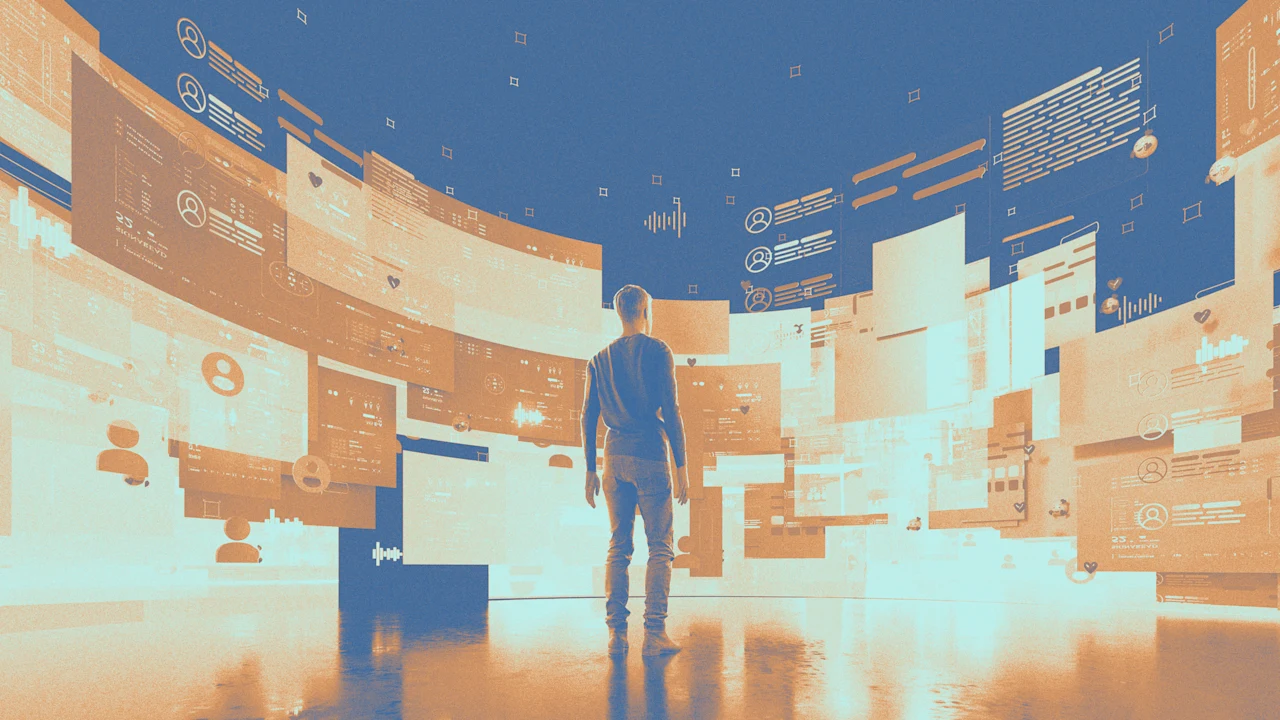The Evolving Landscape of AI: Privacy, Performance, and the Future of Work
Author: John Techman

In recent years, the integration of Artificial Intelligence (AI) into daily life has expanded dramatically, impacting various sectors from mental health to gaming and information retrieval. The rise of AI applications like ChatGPT showcases remarkable advancements in technology, providing accessible support and guidance. However, with these innovations come significant concerns regarding privacy and the nature of human interaction with machines. This article delves into the recent discussions surrounding privacy in AI, as highlighted by OpenAI CEO Sam Altman, and examines the implications of AI technology proliferation.
A particularly pressing issue raised by Sam Altman during a podcast appearance is the privacy of conversations users have with AI like ChatGPT. Altman emphasized the potential risks associated with sharing sensitive information, comparing interactions with AI to discussions held between patients and therapists. Unlike traditional therapy, where confidentiality is protected by law, conversations with AI currently do not fall under the same privacy protections, which might leave users vulnerable to their data being accessed in legal situations.
As more individuals turn to AI for instant life coaching, the conversation surrounding the need for a regulatory framework has intensified. Altman advocates for policies that secure user data and ensure that conversations with AI are afforded the same level of privacy as those with licensed professionals. This need for regulation is especially pertinent as AI continues to evolve and enter into mental health domains, raising questions about the psychological effects and the adequacy of AI as a replacement for human professionals.

OpenAI's CEO Sam Altman stresses the importance of privacy in AI-assisted therapy.
In addition to therapy, AI is also impacting the search industry, as illustrated by Google's recent initiatives to regain users who have transitioned to AI-powered search experiences. Google has introduced a new feature called the Web Guide, designed to merge AI capabilities with conventional search methods. This innovation aims to provide a more structured response to queries, addressing the challenges posed by AI chatbots while attracting back users through enhanced experience and familiarity.
In the cryptocurrency realm, the partnership between Ruvi AI and CoinMarketCap represents another intersection of technology and investment. By leveraging secure technology and gaining recognition from major industry players, Ruvi AI aims to carve a niche within the blockchain community. The evolution of digital currencies like Ethereum showcases not only the transformative power of blockchain but also highlights the volatility of tech investments as early skeptics of Ethereum faced considerable financial losses.
As AI technology advances, we've heard announcements about OpenAI's newest model, GPT-5, anticipated for release in August 2025. Sources indicate that this will be OpenAI's most capable model to date, incorporating advanced reasoning capabilities and expanding its applications beyond traditional AI chat functions. The AI landscape is evolving rapidly, and with the introduction of advanced models like GPT-5, it raises discussions regarding the capabilities of machines, the nature of creative work, and the future of professional engagement.
Furthermore, the implications of AI on our mental health cannot be overlooked. Altman has voiced concerns about the repercussions of users relying heavily on AI for companionship and advice. The potential isolation and adverse effects stemming from these relationships could pose significant challenges ahead, making it crucial to examine how human interactions are shaped in an increasingly digital world.
In a related stride towards a more interconnected AI future, Pakistan's recent launch of the AAAI chapter showcases global collaboration in the AI field. By joining the global AI community, Pakistan aims to tap into an international network, reinforcing its commitment to harness AI technology for economic growth and development, mirroring trends seen across the globe.
Overall, the ongoing dialogues surrounding AI's impact on privacy, mental health, and its transformational role across various industries reflect a critical juncture. As AI continues to evolve, it is imperative for society to address the concerns highlighted by industry leaders, advocating for responsible AI use that prioritizes user privacy while harnessing technology's potentially positive contributions to our lives.